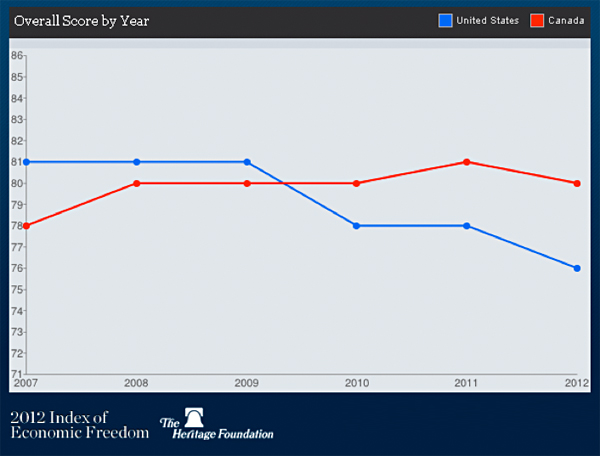Disasters don’t create prosperity
11.08.2012
The damage that was brought upon the coastlines of New York and New Jersey by Hurricane Sandy, estimated to cost up $50 billion, has some economic analysts stating that the tragic event could be an economic blessing (as discussed in a November 5 article). These individuals believe that the disaster could provide a desperately needed boost for the sluggish economy due to reconstruction. The idea that massive destruction is good for the economy should be seen as absurd on its face, but many economists – including Nobel-winner Paul Krugman – subscribe to this fallacious argument.
The great political economist Fredric Bastiat challenged this erroneous view back in 1850. Bastiat used the example of a broken window to illustrate how although we may see the new work which has been provided to the glazier to fix the window, but we do not see where that money could have been spent or invested absent of the damage. By simply replacing the broken window with a new one, no new wealth has been created; rather society is one window poorer than before.
The scarce resources that will be employed to rebuild the infrastructure destroyed by Sandy will be denied of their other potential uses. Of course, the rebuilding of damaged property is necessary, but it robs us – especially those directly impacted – of wealth. Disasters should not be confused with economic stimuli.
Ben Sugg
Policy Analyst
Rio Grande Foundation




